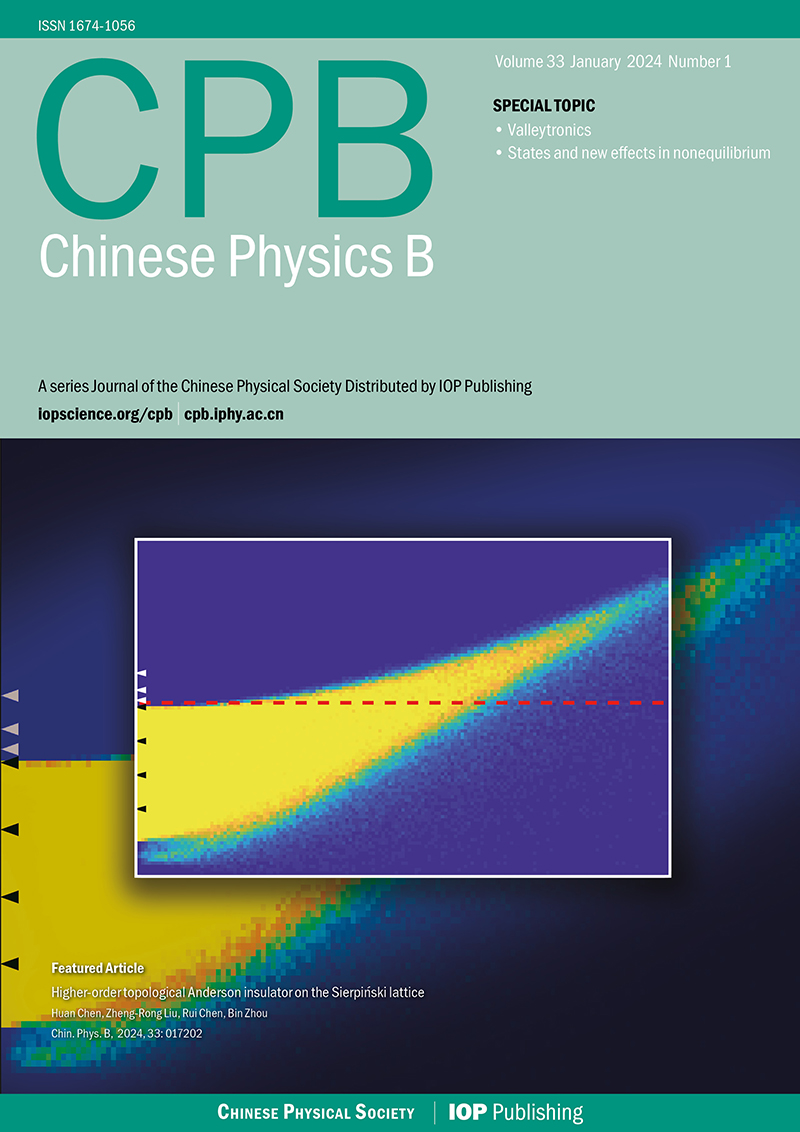罚款分配对空间公共产品博弈中合作演变的影响
IF 1.5
4区 物理与天体物理
Q2 PHYSICS, MULTIDISCIPLINARY
引用次数: 0
摘要
在公共产品博弈领域,惩罚作为一种有力的工具,在促进合作方面尤为突出。虽然它能有效解决一阶搭便车问题,但相关成本也可能很高。惩罚者在实施惩罚时会产生费用,而叛逃者则会面临罚款。不幸的是,这些货币要素似乎凭空消失了,这代表了系统本身的损失。然而,通过将罚款重新分配给合作者和惩罚者,我们不仅可以减少这种损失,还可以提高这些合作者的回报。基于这一前提,本文在传统的集合惩罚模型中引入了罚款分配机制。在相同的参数设置下,通过与传统惩罚模型的对比实验,本文旨在研究罚款分配对空间公共物品博弈中合作演化的影响。实验结果清楚地表明,在惩罚成本过高的情况下,传统惩罚池模型的合作策略可能会完全崩溃。然而,富含罚款分配的模型却能维持相当数量的合作策略,从而凸显了它在促进和维护合作方面的有效性,即使面对巨大的惩罚成本也是如此。本文章由计算机程序翻译,如有差异,请以英文原文为准。
Effect of distribution of fines on evolution of cooperation in spatial public goods game
In the realm of public goods game, punishment, as a potent tool, stands out for fostering cooperation. While it effectively addresses the first-order free-rider problem, the associated costs can be substantial. Punishers incur expenses in imposing sanctions, while defectors face fines. Unfortunately, these monetary elements seemingly vanish into thin air, representing a loss to the system itself. However, by virtue of the redistribution of fines to cooperators and punishers, not only can we mitigate this loss, but the rewards for these cooperative individuals can be enhanced. Based upon this premise, this paper introduces a fine distribution mechanism to the traditional pool punishment model. Under identical parameter settings, by conducting a comparative experiment with the conventional punishment model, the paper aims to investigate the impact of fine distribution on the evolution of cooperation in spatial public goods game. The experimental results clearly demonstrate that, in instances where the punishment cost is prohibitively high, the cooperative strategies of the traditional pool punishment model may completely collapse. However, the model enriched with fine distribution manages to sustain a considerable number of cooperative strategies, thus highlighting its effectiveness in promoting and preserving cooperation, even in the face of substantial punishment cost.
求助全文
通过发布文献求助,成功后即可免费获取论文全文。
去求助
来源期刊

Chinese Physics B
物理-物理:综合
CiteScore
2.80
自引率
23.50%
发文量
15667
审稿时长
2.4 months
期刊介绍:
Chinese Physics B is an international journal covering the latest developments and achievements in all branches of physics worldwide (with the exception of nuclear physics and physics of elementary particles and fields, which is covered by Chinese Physics C). It publishes original research papers and rapid communications reflecting creative and innovative achievements across the field of physics, as well as review articles covering important accomplishments in the frontiers of physics.
Subject coverage includes:
Condensed matter physics and the physics of materials
Atomic, molecular and optical physics
Statistical, nonlinear and soft matter physics
Plasma physics
Interdisciplinary physics.
 求助内容:
求助内容: 应助结果提醒方式:
应助结果提醒方式:


